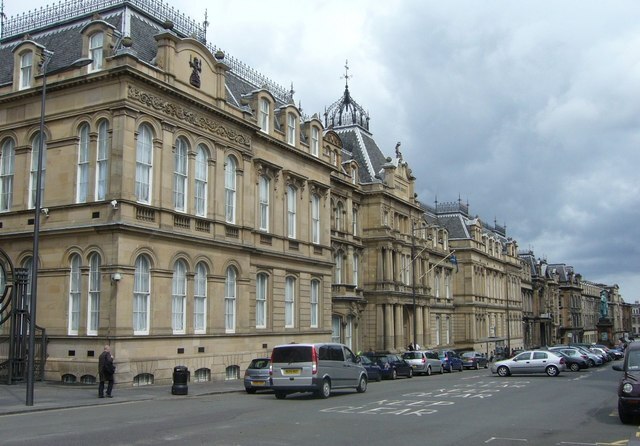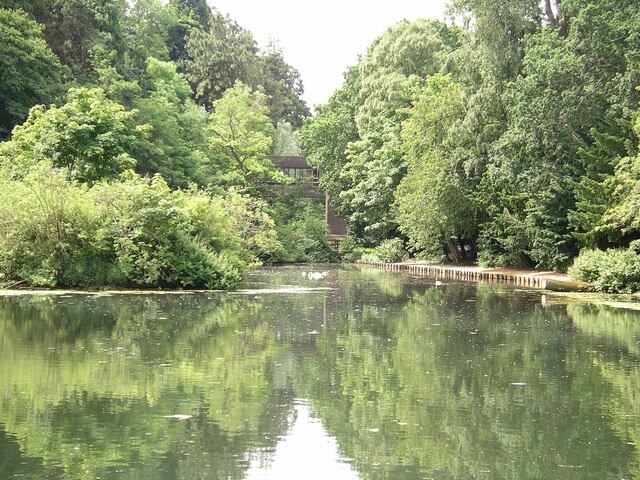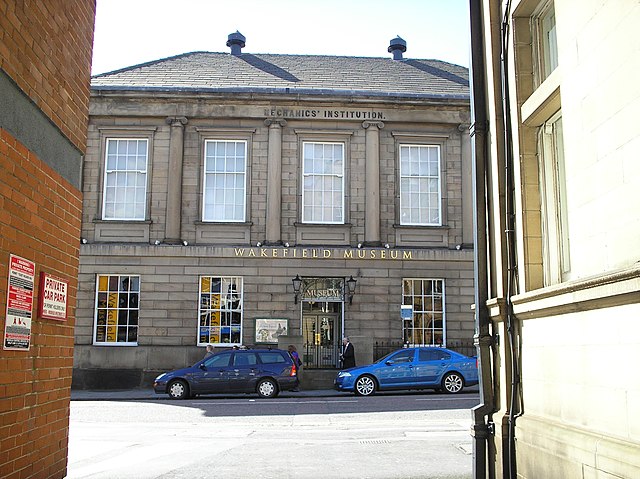Heriot-Watt University is a public research university based in Edinburgh, Scotland. It was established in 1821 as the School of Arts of Edinburgh, the world's first mechanics' institute, and subsequently granted university status by royal charter in 1966. It is the eighth-oldest higher education institution in the United Kingdom. The name Heriot-Watt was taken from Scottish inventor James Watt and Scottish philanthropist and goldsmith George Heriot.
This statue of James Watt commissioned for the School of Arts today sits at Heriot-Watt's Edinburgh Campus.
The former site of Heriot-Watt College on Chambers Street, today occupied by the Edinburgh Crown Office
A view of the loch at Edinburgh Campus
Scottish Borders Campus
Mechanics' institutes, also known as mechanics' institutions, sometimes simply known as institutes, and also called schools of arts, were educational establishments originally formed to provide adult education, particularly in technical subjects, to working men in Victorian-era Britain and its colonies. They were often funded by local industrialists on the grounds that they would ultimately benefit from having more knowledgeable and skilled employees. The mechanics' institutes often included libraries for the adult working class, and were said to provide them with an alternative pastime to gambling and drinking in pubs.
The Leeds City Mechanics' Institute's building
Manchester Mechanics' Institute, Cooper Street, in 1825
Wakefield Mechanics' Institute (1825), later a museum
Ballarat Mechanics' Institute building








